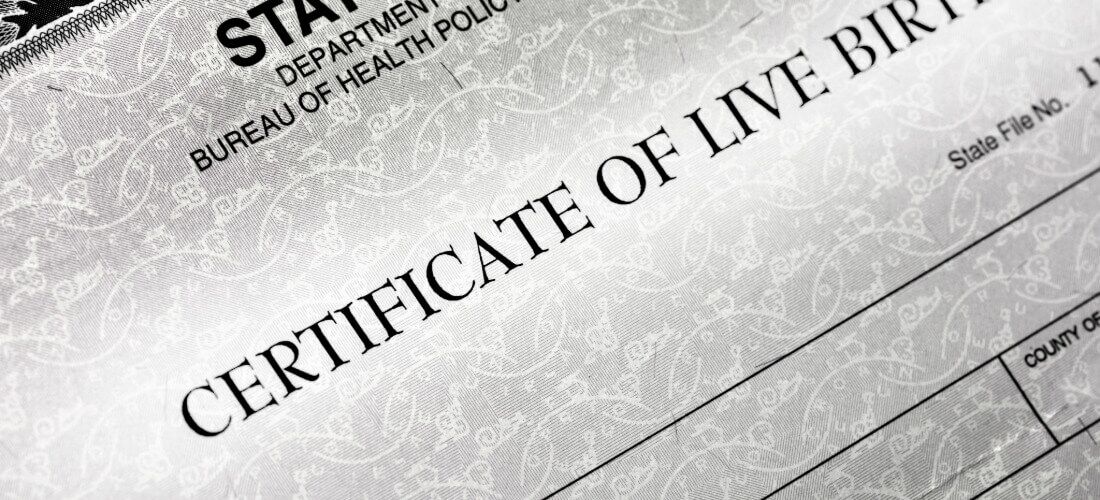
Seeing how new record keeping technology can streamline and improve operations, many government agencies, businesses and other organizations across the country are weighing the differences between paper vs. electronic record keeping.
While most welcome this transition to digital record keeping, it’s important to remember that governments have different needs and often deal with much more sensitive information in their records. For that reason alone, governments need highly secure record protection practices, whether they be physical or digital in nature.
Furthermore, citizens need to be able to trust that governments are keeping their information safe and secure, so governments don’t just need secure record keeping practices, but they also need to be able to convince citizens of their effectiveness. Although many may be apprehensive about electronic record keeping at first, it’s a far more secure and organized way of records management than paper record keeping. Additionally, governments can stress less about how to protect electronic records as opposed to paper records.
So, what is it that makes electronic record keeping the superior choice in the paper vs. electronic record keeping debate?
In order to answer this, you first must understand what makes paper records so vulnerable. There are three main vulnerabilities to consider when dealing with paper records:
- Unauthorized access
- Loss
- Data tampering
Typically, the only thing between an individual and a paper record they shouldn’t have access to is a lock and key or a set of credentials that can easily be faked. Furthermore, unauthorized individuals can draw little attention in a place they don’t belong if they look and act as if they do.
 Paper records can also be left out in the office, on counters, or copy machines. Intentional or not, this exposes records and the contents within to unauthorized individuals. There is no risk of electronic records being left out, and they can also be encrypted, so if they were to be copied or stolen by an unauthorized individual, the information would still be safe.
Paper records can also be left out in the office, on counters, or copy machines. Intentional or not, this exposes records and the contents within to unauthorized individuals. There is no risk of electronic records being left out, and they can also be encrypted, so if they were to be copied or stolen by an unauthorized individual, the information would still be safe.
When it comes to paper vs. electronic record keeping, electronic record keeping is far more secure.
There is always the risk of a paper document being lost, misplaced, or destroyed by accident. An authorized individual may forget where they left a document or may return it to the wrong place. Additionally, disasters like fires can destroy paper documents.
Electronic records tend to stay put, and if you need to see who has accessed them, there will be a clear audit trail and other indications of use that are far more trustworthy than something like a sign-out sheet.
What about data tampering?
Data tampering – adding or removing pages to a record, adding or erasing entries, or other forms of changes – is always an issue with paper records that can never truly be solved. Data tampering is a concern with both unauthorized and authorized individuals, and it can be hard to track down a culprit. Electronic records are harder to modify and can notify administrators the instant a change has been made and which user made it.
All of these factors considered, electronic record keeping is the clear winner in the paper vs. electronic record keeping debate.
How can you protect electronic records?
The answer to questions surrounding paper vs. electronic record keeping is clear – electronic record keeping is more secure and comes with less risk – and governments can stress less about how to protect electronic records. This is because electronic records offer proactive protection and eliminate much of human error when it comes to security.










